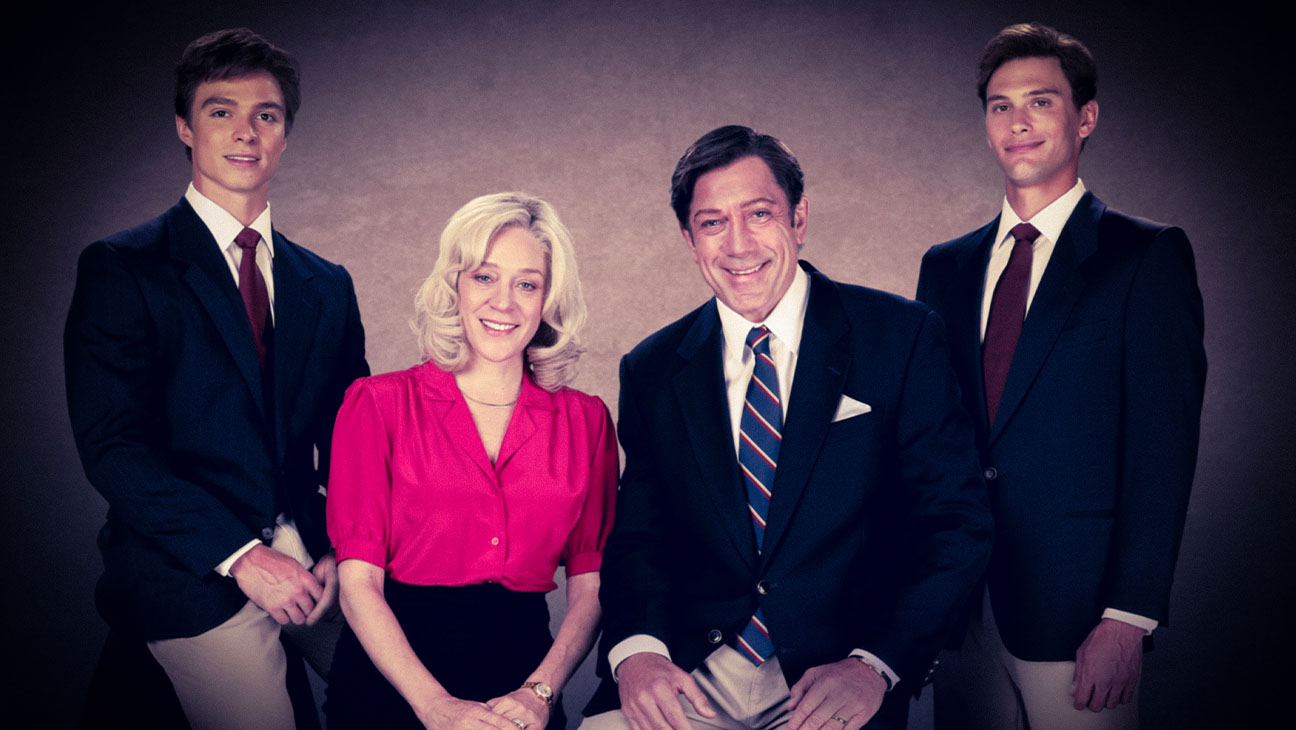The somewhat unlikely blockbuster success of Terminator 2: Judgment Day — a high-budget sequel that upended the entire plot of a low-budget original released nearly a decade before — led Hollywood to learn the wrong lessons.
Rather than attribute the box office to James Cameron’s creative versatility, the industry decided that audiences must have an insatiable appetite for all things Terminator. So Terminator 3: Rise of the Machines, cursed to be a thoroughly decent sequel to two far superior movies, was followed by Terminator Salvation and Terminator Genisys and Terminator: Dark Fate — three movies that were talked up as the starts of potential trilogies, but that yielded, in total, zero sequels. Though each has sparks of creativity and token nods to the originals, they’re so collectively indistinct that I require online assistance to answer big questions like, “Which films had Arnold Schwarzenegger and James Cameron’s involvement?” or “How many of these films featured Jai Courtney?” or “Is there a colon in the title or not?”
Terminator Zero
The Bottom Line
The franchise’s most interesting development since ‘The Sarah Connor Chronicles.’
Airdate: Thursday, Aug. 29 (Netflix)
Cast (English Dub): André Holland, Timothy Olyphant, Rosario Dawson, Sonoya Muzuno, Ann Dowd
Creator: Mattson Tomlin
The franchise’s best follow-up, if you ask this TV critic, was Fox’s Terminator: The Sarah Connor Chronicles, which had a doomed two-season run between Terminator 3 and Terminator Salvation. It’s the only Terminator offshoot that felt like it was telling a story, rather than attempting to blackmail audiences into underwriting a tale that might eventually be told.
Netflix’s new Terminator Zero — no colon and less immediately self-explanatory than the former title Terminator: The Anime Series — is my favorite franchise entry since The Sarah Connor Chronicles. Boasting a distinctive look courtesy of Japanese animation studio Production I.G. and a solid vocal cast ostensibly led by Timothy Olyphant (with no Jai Courtney in sight), the series is still in that frustrating holding pattern of spending an entire first season putting the pieces in place for what will presumably be its ongoing narrative. But it’s a promising enough holding pattern.
Entirely written by Mattson Tomlin and directed by Masashi Kudō, Terminator Zero begins in the future — that would be 2022 — with a high-octane action scene pitting resistance soldier Eiko (Sonoya Mizuno) against an unnamed cybernetic killing machine (Olyphant, except that he says nothing in the first episode and has no more than a half-dozen lines in the entire show).
Quickly, thanks to the wonders of time travel, everybody is jumping back to late August of 1997 — a destination that lets franchise fans know that Judgment Day is coming.
Attempting to prevent the upcoming apocalypse is Tokyo-based scientist Malcolm Lee (André Holland). Malcolm … knows things. He has nightmares about mushroom clouds and robot rebellions, but that’s only the start of Malcolm’s prescience about what’s about to happen with Skynet. His strategy for preventing the human genocide relies on a complex AI model that he’s been developing, named “Kokoro” and voiced by Rosario Dawson in several forms.
With the clock ticking, Malcolm has to lock himself into a room and determine if Kokoro is ready to be put online. When both the Terminator and Eiko arrive in 1997 determined to stop Malcolm, chaos ensues.
Understanding why these two entities with very different agendas both think they want to terminate Malcolm requires the usual franchise noodling around issues of fate and free will — as well as new musings on the time travel paradoxes that the past three or four movies have turned into a jumble that’s either delightful or infuriating, depending your degree of investment.
One indisputable thing is that you can’t just use “Time travel!” as a Terminator Get Out of Jail Free card like you could in the first two movies. A lot of Tomlin’s mission here is reconciling/justifying/ignoring what viewers thought they understood about what happens if you send assassins and soldiers to the past with a singular objective. As good as the opening action scene is, and as solid as several set pieces are throughout, long stretches of Terminator Zero are just talk, delivered in the weary, wise tones of Ann Dowd as a spiritual leader or the warm cadences of Dawson, whose Kokoro includes several different types of consciousness. I’m not convinced that eight episodes (each under 30 minutes) of explanation were required to get the plot where it is by the finale, especially since there are two or three surprises that almost every alert viewer will have anticipated several chapters earlier.
Still, there are fresh elements here. Resetting the narrative in Tokyo allows it to move away from yet another blandly messianic coronation of “John Connor” as humanity’s last hope. And it’s a relief that (spoiler alert) the reliance on occasional Easter eggs doesn’t stretch as far as any character saying something dumb like, “Sure, you can call me Bandit, but when I was born, my name was Kyle Reese.” This is a new set of characters loosely tailored for the anime genre — especially Malcolm’s kids Kenta (Armani Jackson), Reika (Gideon Adlon) and Hiro (Carter Rockwood), left under the watch of their nanny/housekeeper Misaki (Sumalee Montano). They manage to be likable and energetic, but not overly cutesy.
Terminator Zero introduces an entirely different cultural approach to robotics — in this version of 1997, Tokyo is overrun with benign 1NN0 models, while the hottest toy on the market is an AI-equipped cat — and, especially, to weaponry. Time travel still requires arriving muscular and naked in the trademark kneel, but while heavy artillery was always easy to come by when your average Terminator or soldier arrived in Los Angeles, guns are harder to come by for heroes and villains alike in 1990s Japan. That forces a bit of ingenuity in Tomlin’s approach and lets Kudō stage action with a welcome intimacy, while keeping the violence and gore within the franchise’s generally soft-R-rated trappings.
Initially, I went back and forth between the “original” Japanese audio track with subtitles and the English dubbed audio, before settling in with the latter because I appreciated Holland’s stern wisdom and Mizuno’s confident pluck. When his Terminator talks, Olyphant makes him a bit of a plucky Midwestern everyman — more Robert Patrick than Ah-nold — though I caution again that this is a particularly terse Terminator. Olyphant completists would be better off rewatching Santa Clarita Diet once they’re on Netflix.
Two things of note regarding the different audio tracks: I noticed that the English audio includes occasional, but not aggressive, swearing that isn’t in the subtitles that accompany the Japanese dub. Also, there are specific references in the subtitles but not the English dub, including the only “I’ll be back” and “Come with me if you want to live” nods. That’s not evaluative in any particular way. Just a footnote!
Regardless of which language you watch it in, and despite the small expositional lags and the anticlimactic reveals, Terminator Zero sets a solid framework for an ongoing story that is, like the best parts of the franchise, as much about very human choices as it is about spectacle. Given the brand name and Netflix’s clear success with anime properties, it should be the start of an interesting multi-season run, rather than yet another one-and-done dead end.



